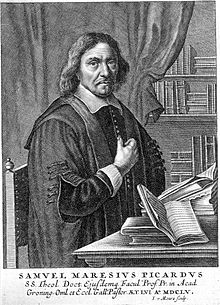
“[The Lord’s Supper was instituted] to signify our spiritual nourishment in Christ, for which it is necessary that with true faith we should eat his flesh and drink his blood, that is, as Augustine interprets it, that we should share in his passion and with holiness and utility keep in memory that for us his flesh was crucified and wounded, and therefore the Supper is called the communion of the body and blood of Christ, 1 Cor. 10:16. It further serves to signify and to promote the unity of the Church; Because there is one bread, we who are many are one body, for we all partake of the one bread, 1 Cor. 10:17, For by one Spirit we were all baptized into one body, whether Jews or Greeks, slaves or free, and we all were made to drink of one Spirit, for the body is not one member, but many, 1 Cor. 12:13-14. Moreover, to bind us more and more to God and to arouse in us the duties of godliness and gratitude; and also to strengthen, confirm, and, as it were, pour new oil into the lamp of our faith, to nourish and to promote it until we shall drink that new wine with Christ in his Father’s house, and shall sit down with Abraham, Isaac, and Jacob in the kingdom of heaven, Matt. 8:11.”
– Samuel Maresius (1599-1673), Collegium Theologicum sive Systema Breve Universæ Theologiæ, XVIII.lxxiv.
